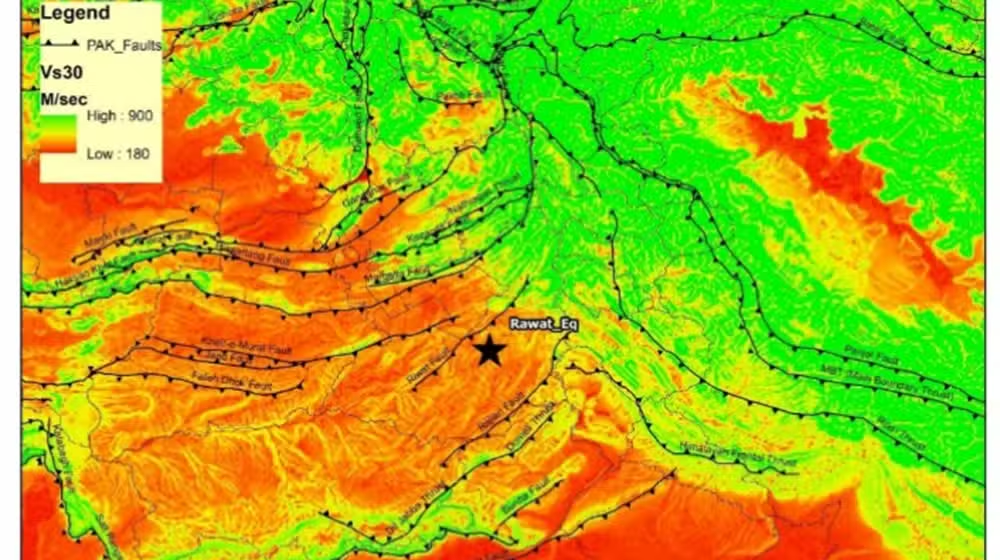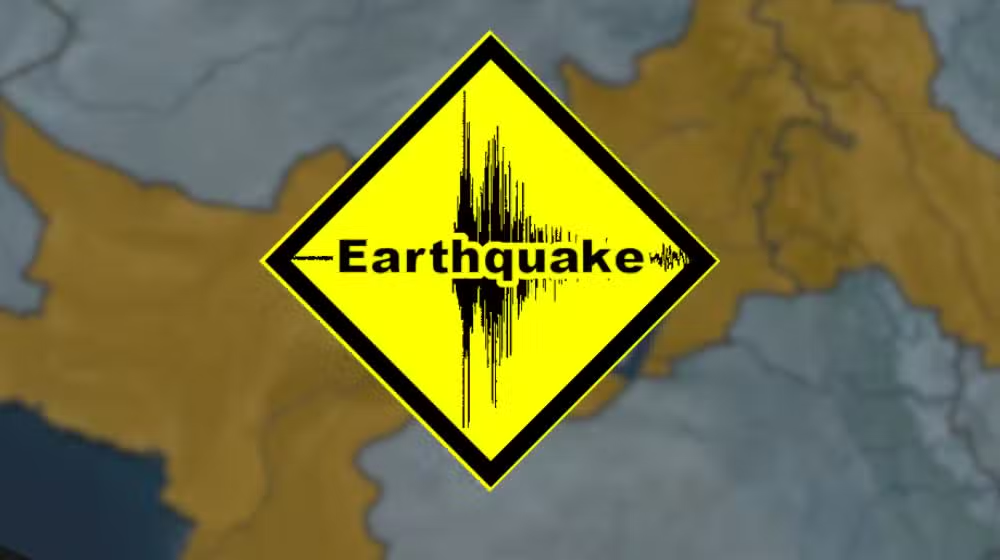Pakistan Earthquake Aftershocks Likely in Coming 2 Days

Pakistan Earthquake
Pakistan earthquake tremors were felt across multiple cities in Punjab and Azad Jammu and Kashmir (AJK) after a magnitude 5.1 earthquake struck near Rawat, close to Rawalpindi and Islamabad, in the early hours of August 3, 2025. The National Disaster Management Authority (NDMA) confirmed the earthquake occurred at 12:10 AM PST, with a shallow depth of 10 kilometers.1
Earthquake Epicenter and Impact
The epicenter was located approximately 15 km east-southeast of Rawat at coordinates 33.45°N, 73.31°E—an area near the Rawat Fault, part of the tectonically active Potohar Plateau, which lies along the boundary between the Indian and Eurasian plates.
Shaking was recorded at Modified Mercalli Intensity (MMI) Level V, indicating moderate to strong shaking near the epicenter. While the tremors were intense in the Rawalpindi-Islamabad region, they were also felt in:
-
Punjab: Gujrat, Jhelum, Nankana Sahib, Jalalpur Bhattian, Shahkot, Bhalwal, and Wazirabad
-
Islamabad Capital Territory
-
Azad Jammu and Kashmir (AJK)
Seismically Active Zone
This part of Pakistan is geologically active, frequently experiencing small to moderate earthquakes due to the Rawat Fault and its location along a major tectonic plate boundary.
Seismotectonic analysis indicates that the Rawat Fault is responsible for multiple historic earthquakes in the region, making seismic monitoring a critical task for local authorities and disaster preparedness agencies.
No Immediate Damage or Casualties Reported
Thankfully, no casualties or structural damages have been reported so far. However, the NDMA and local disaster response units are conducting damage assessments and closely monitoring aftershock activity.
Aftershocks Likely
According to seismologists, aftershocks are expected in the range of magnitude 2.5 to 3.0 over the next few days. These low-magnitude tremors are normal after a shallow earthquake of this size but can still cause panic or light structural damage in older buildings.
NDMA Safety Advisory
The NDMA has urged citizens in affected areas to follow earthquake safety protocols, which include:
-
Staying away from weak structures or damaged buildings
-
Avoiding elevators during aftershocks
-
Assembling emergency supply kits
-
Keeping communication lines open
-
Reporting any visible damages to infrastructure or utilities
Authorities have also advised residents to remain alert and prepared in case of additional seismic activity.
Earthquake Preparedness in Pakistan
This event serves as a reminder of the importance of earthquake awareness and preparedness in Pakistan. While this quake caused no serious damage, urban expansion, particularly in the Islamabad-Rawalpindi corridor, increases the potential risk in future seismic events.



